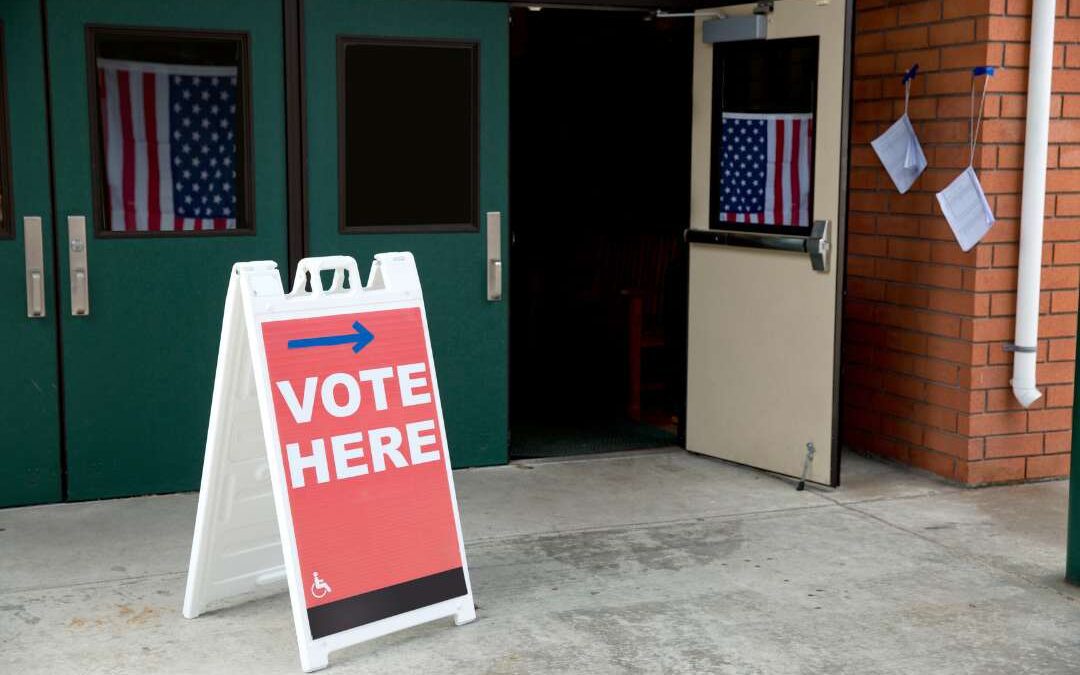Jesus was clear about the intent behind our actions. In clashes with the Pharisees, he was often critical of their superficial obedience. He memorably invoked an Old Testament quote and said, “These people honor me with their lips, but their hearts are far from me” (Matthew 15:8; Isaiah 29:13). Jesus is clear—intent matters. We can do the right thing for the wrong reason, ultimately displeasing the Lord.
Intent matters. But it is not all that matters.
When Paul writes to the Corinthians to defend himself against false accusation, he speaks to his intentions during his time with them. Then he says something fascinating: “For I am not conscious of anything against myself, but I am not justified by this. It is the Lord who judges me” (1 Corinthians 4:4). Paul acknowledges the limitations of his own judgment. He knew he was trying to do the right thing, but he is humble enough to recognize that the final verdict belongs to God.
While both of these passages highlight that one’s intent is important, our sinfulness and imperfection mean that our intent is often clouded and our ability to carry it out is limited.
Recently, I said something to my wife which hurt her feelings. It hurt her feelings because she understood my words differently than how I intended. In that moment, what had more of an effect on my wife, my words or my intent? My intent played a role in our reconciliation after the hurt, but it did not prevent my wife from being hurt.
Life in a fallen world is hard. We don’t always accomplish what we intend. Even when we do, it isn’t always perceived as we hoped.
I want to consider intent as it relates to racism through two paradigms:
1. Reception
White people such as myself need to remember that our intent is not the only thing that matters when considering how to love our minority neighbors anymore than it’s the only consideration I have in how I love my wife.
If a minority brother or sister comes to us in courage and humility to say, “What you said or did in this moment hurt me,” we have at least two options. We can match humility with humility, or we can dig our heels in. We can apologize and seek reconciliation, using the experience as a way to be more sensitive and caring. Or we can insist on our own way, demanding our wounded brother or sister see things our way.
2. Results
We have all had moments when we attempted to do something and failed. Sometimes, the consequences for that failure fall on someone else. In that moment, the results matter for that person more than our intent.
There are an infinite number of reasons why one can build a statue, start a school, vote for a particular politician, or pick a neighborhood to live in. Those reasons might not arise from racist intentions. But the results might have racist effects. Failing to understand this point is one reason people seem to talk past each other in conversations about race.
We see this misunderstanding every time there is a call to take a statue down or rename a holiday. Claims that a statue offends are met with a chorus claiming that was not the intent. The implication is that intent is the defining factor in whether or not a change should be made. I am not saying intent is irrelevant. I am saying that if I have the same attitude toward my wife, I wouldn’t be a good husband.
Whatever motivations and intentions we recognize in the course of making a decision, we must be grounded by a sturdier commitment. These should always be to love God and love our neighbor (Matthew 22:37–39). When our immediate intentions fail us, having Spirit-shaped intentions at the deepest level will allow us to acknowledge our shortcomings, repent, seek reconciliation, and move forward in love. May God give each of us the moral clarity to examine ourselves and our motives and to understand that even the purest motives can sometimes fail us this side of Glory.
Prayer Requests:
- Pray for God to give you insight into your personal motivations for godliness and unity.
- Pray that God would give you the humility to accept when your actions are not received as you intended.
- Pray that God would unify his Bride around our shared commitment to the gospel of His Son and may that be more precious to us than anything to which we’re clinging.











